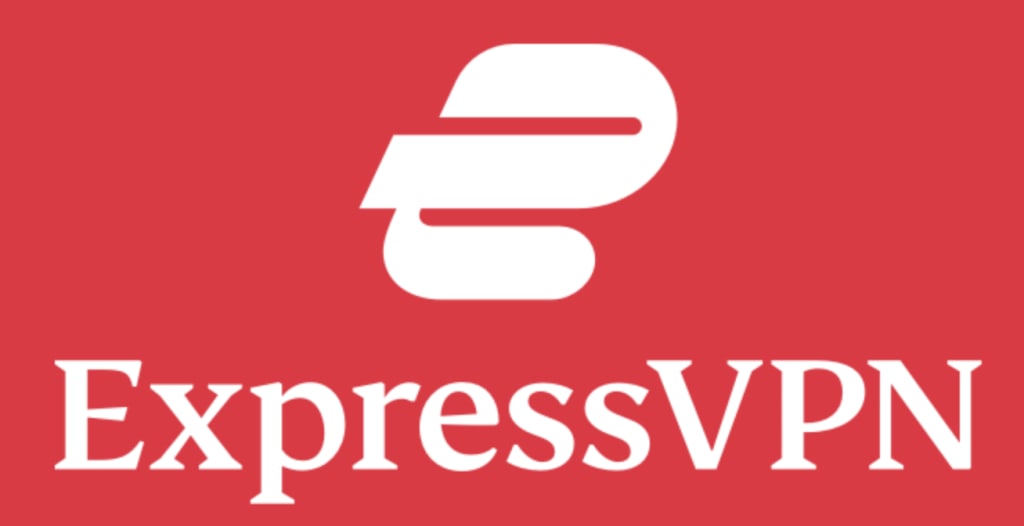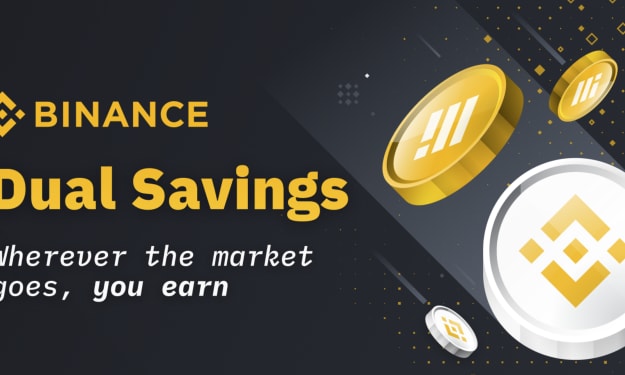How to Protect Your Computer Before getting your first Cryptocurrencies
You want to buy some Cryptocurrencies, but you want to do this in the safest possible way. Let have a look how to protect yourself from scams

Before interacting with any cryptocurrency or even standard banking online you make sure your devices are free of computer viruses or malicious software that could be used to capture passwords, keystrokes, or automatically download more malware. All software on your devices should be kept up to date; when a new update becomes available, it should be installed immediately, and checking for updates on a regular basis is recommended. The only software that should not be updated immediately are crypto application updates; new updates may contain 'bugs,' so it is best to wait a few days to ensure there are no issues.
Consider using a separate computer for cryptocurrency transactions only. This can help to reduce the likelihood of your computer being compromised. Use strong and unique passwords: For your cryptocurrency accounts, use a password manager to generate and store complex passwords, and enable two-factor authentication whenever possible.
You thinking of getting yourself some Cryptocurrencies online, before you do you need to protect yourself from Scams & Hackers
Malicious software can masquerade as legitimate software or email attachments, so exercise caution when downloading or opening files from unknown sources. Firewalls can aid in the prevention of unauthorised access to your computer and the communication of malicious software with external servers. Back up your important data on a regular basis in case your computer is hacked or otherwise compromised.
By taking these steps, you can help protect your computer from potential security risks and minimise the risk of losing your cryptocurrency investments.
Never click on a link in an unexpected email or text message. Many scams begin with a phishing email
Keep in mind that banks and financial institutions will not send you an email asking you to click a link and confirm your banking information. Even if the email appears to be genuine, do not trust it. If you're unsure, you can always call your bank using the phone number on a genuine piece of correspondence, a website (typed directly into the address bar), or the phone book, this is the same with Crypto Exchanges.
Never click on a link in an unexpected email or text message
Remember that email addresses and phone numbers can be spoofing, so don't rely on them to verify the authenticity of a message or call. The best way to contact a company is to use a well-known email address or phone number, such as the one on the back of your credit card.
Never Connect to Public Wi-Fi and use a VPN Virtual Private Network
You should obtain a copy of your credit report on a regular basis and review it for entries that you do not recognise. Equifax, Experian, and others can all provide your credit file or any other in your country. Protect My ID, for example, monitors your Experian credit report and alerts you via email or SMS to potentially fraudulent activity.
Receipts with your credit card information and post with your name and address should be destroyed or shred. Identity fraudsters don't require much information to clone your identity.
Never Connect to Public Wi-Fi and use a VPN Virtual Private Network
Unlike your home Wi-Fi connection, public Wi-Fi allows a potential hacker to connect to the network and your device. When interacting with cryptocurrency, it is best practise to never connect to a public Wi-Fi network. If you must connect to a public Wi-Fi network, it is best to use a VPN. When browsing the web or interacting with cryptocurrency, a VPN adds an extra layer of security by masking your IP address.
Even if you only use cryptocurrency or the internet at home, you are still vulnerable to hacks and are only as secure as your connection's weakest link. A smart video doorbell or even being connected to a smart fridge could be a weak point in your network. When configuring your home network, create a 'guest' account for all of your’ smart' appliances. This reduces the possibility of a hacker breaching one of the devices and gaining access to sensitive information. Allowing a separate network for any crypto activity while using a VPN and your secure private network reduces the possibility of being hacked even further.
Even if you use a VPN and antivirus software to browse the internet on your network, you are still vulnerable to cyber-attacks. When possible, use two factor authentication (2FA), which requires a one-time code to log in and is refreshed every 60 seconds. The Google Authenticator app can be used to secure most accounts.
VPN prevents unauthorised parties from accessing personal information. Anyone with network access who wishes to view unencrypted data can do so. With a VPN, hackers and cybercriminals cannot access this data, resulting in a safer user experience. VPNs provide safe encryption. The encryption key is required to access the data; without one, it would take an infinite amount of time for a computer programme to crack the code. Your true location is hidden and cannot be found because your IP address originates elsewhere. Some service providers store and log your data; however, when using a VPN, this does not occur. Furthermore, VPN servers do not store or log any of your information.
Another advantage of having a VPN on your devices is the ability to connect to another location around the world. Some websites prohibit visitors from viewing information if their IP address is from a specified location. This issue, however, may be completely eliminated by using a VPN service such as Express VPN. Utilising a VPN guarantees safe data transmission and connection to private servers, as well as the use of encryption to limit the danger of data breaches.
Express VPN want to Get 30 days free
About the Creator
P. Myburgh
I started by writing my own book and then took time out to hone my skills. I want to cover everything from breaking news to in-depth feature stories. I love Crypto Currencies, Finance, self-help matters and world politics.






Comments
There are no comments for this story
Be the first to respond and start the conversation.